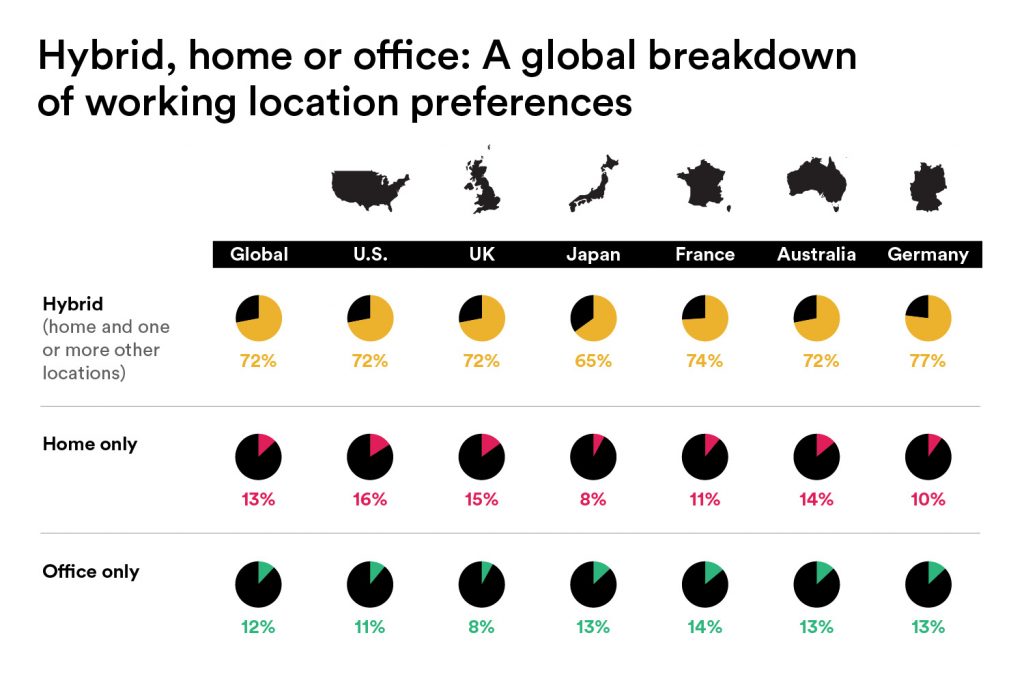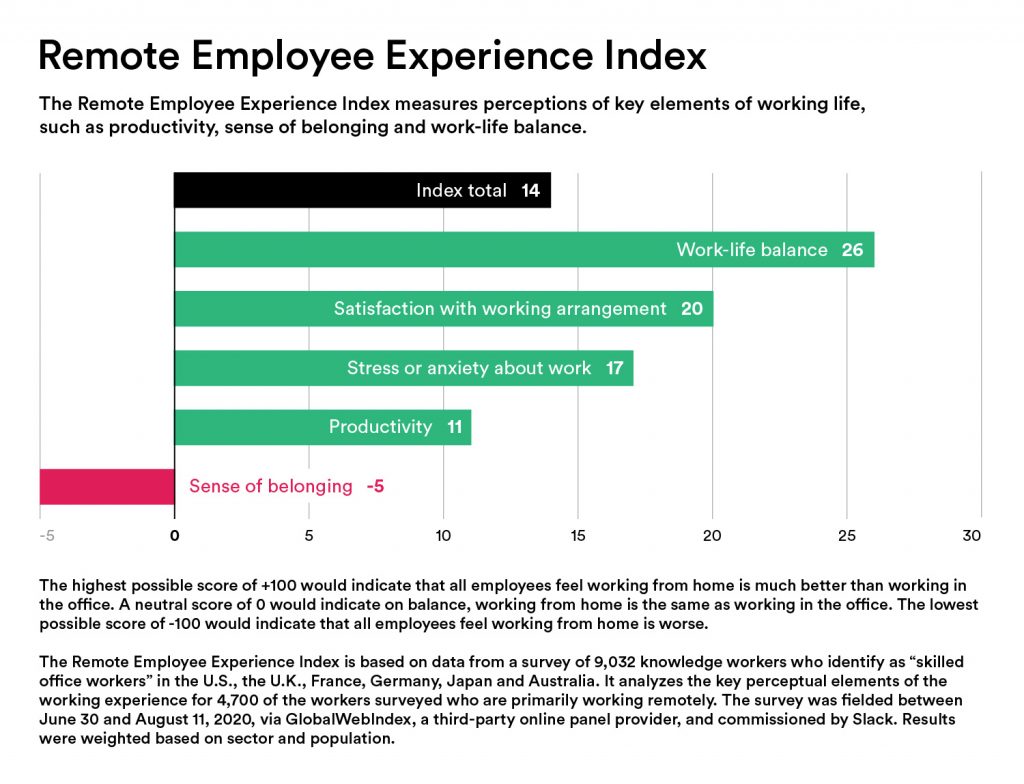I’ve been thinking a lot about when, as a leader, you should be in the weeds versus when you should be focusing on the strategic, high-level work.
The role of a leader is to provide strategic direction, drive internal support, remove roadblocks, and grow their teams. But does that mean they should never get in the weeds?
I believe there are a few key scenarios where you should – and a lot of situations in which you shouldn’t, but will be tempted to. Here’s my non-exhaustive list.
When to Get in the Weeds
1. Your team is suffering.
If your team is incredibly overloaded or stressed and you can ACTUALLY help out (instead of just performatively helping), hopping in can help dig them out and raise morale. When I first joined Reddit there was a HUGE ticket backlog, so I spent two weeks in a conference room with the team crushing tickets. (And let them hit me in the face with a pie after.)
2. You have a wild idea and you don’t want to distract your team.
Sometimes you’re chasing down a really fringe idea and it doesn’t make sense to distract your team. Go pound the pavement on your own to see if there’s something there.
3. You’ve been asked to do something annoying.
Sometimes a request comes down from the top that can be a little irksome. You still need to do it, but it can be nice to shield your team from these from time to time.
4. You need to understand the reality of something.
Especially if you’re planning on making changes to how your team operates, spending some time IN their workday understanding how it really works is crucial. Whether doing the work or shadowing, this helps you pressure test your ideas against the real world.
When NOT to Be in the Weeds
A) You feel guilty.
Your job is to be strategic, and that IS real work. Sometimes you can feel guilty as a leader for not doing the day-to-day work, but don’t let that pull you away from making sure you’re steering the ship.
B) You want to feel productive.
Similarly, it can often feel far more productive to go do a thing rather than think, research, and have conversations. Both things are important and productive, but again, your job IS to do the strategic work.
C) You’re micromanaging your team’s work.
If you’re getting in the weeds because you feel you need to fix your team’s work, hit the breaks. There are two likely scenarios here: either you’re being overly critical and you need to chill out or there really IS a problem with the team’s work. If it’s the latter, fixing it yourself isn’t sustainable; you should be spending this time thinking through what structural changes you need to make to support them.
Solo image by MART PRODUCTION
Duo image by Yan Krukau



